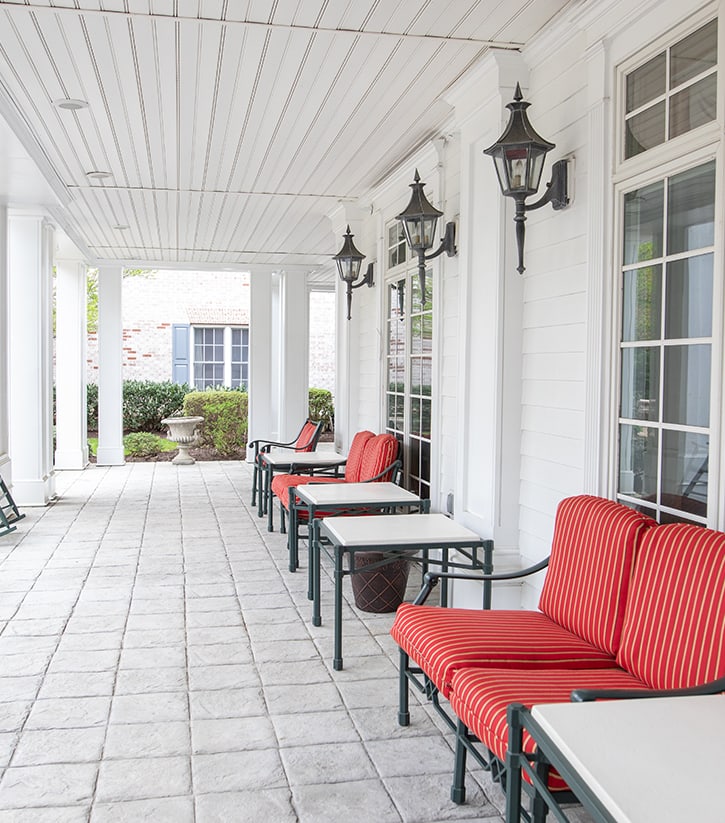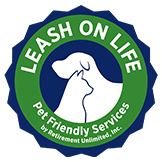Independence is valuable, but sometimes, age creates new challenges. These quickly get in a person’s way when trying to navigate their daily life. Without the right support, older adults may struggle to safely stay independent in their homes. So, how can you recognize when an older parent needs help, and what can you do?
If you’ve noticed changes in your parent’s behavior, health, or daily habits, it’s time for a change. Even minor changes, like weight fluctuations and problems with home maintenance, are signs your older parent needs help.
1. Struggles with Personal Hygiene & Grooming
Personal hygiene is often one of the first areas where challenges arise. If your parent skips showers, wears the same clothes repeatedly, or neglects grooming, it’s often a sign that they need a little more help than they’re getting.
These problems are often due to reduced mobility, joint discomfort, or even cognitive changes. If you notice changes in a loved one’s hygiene, it’s time for a change. An early move to senior living is an excellent way to help your parent feel more comfortable every day.
2. Weight Loss & Eating Difficulties
Unintended weight loss can be a significant red flag for older adults. It’s not just about appetite; it’s also about the ability to properly manage meals. Difficulty cooking, eating, or maintaining a balanced diet can lead to nutritional deficiencies, which can have a lasting impact on health.
Your parent might be struggling to prepare meals, forgetting to eat, or experiencing a loss of appetite. This could be due to a range of physical and cognitive causes. If you notice changes in your parent’s eating habits, it helps to be proactive. You can better support their dietary needs with meal delivery services, family support, and the help of a senior living community.
3. Memory Loss & Confusion
Memory lapses are common as people age, but frequent forgetfulness or confusion can indicate a deeper problem. If your parent is consistently forgetting appointments, misplacing items, or not remembering important details, this could signal memory-related challenges.
- Forgetting appointments or important dates
- Misplacing items frequently
- Leaving appliances on or doors unlocked
- Forgetting to take medications
When memory issues begin to impact daily life, it’s important to address them. Memory care in senior living can provide the support needed to keep your loved one safe.
4. Mobility Issues & Safety Hazards
As your parent ages, their mobility may begin to decline. This isn’t a short-term problem, either. Falls can quickly lead to all kinds of long-lasting problems in older adults. Fortunately, some small household changes can significantly reduce the risk of falls in seniors.
It helps to:
- Install grab bars in the bathroom or hallways to help with stability.
- Remove tripping hazards by clearing up clutter, rugs, or items that could cause falls.
- Set up proper lighting to avoid accidents during the night.
- Use mobility aids like a cane or walker to improve balance.
However, if your loved one’s safety is at risk, it’s time for professional care. A move to senior living means your loved one can live in an environment designed to be safe and comfortable every day.
5. Withdrawal from Social Activities & Isolation
Social isolation can be just as harmful to your parent’s health as physical decline. If your parent is withdrawing from social events, avoiding hobbies they once enjoyed, or staying at home more often, don’t ignore it. This could lead to loneliness, depression, and a decrease in mental and physical well-being.
Fortunately, staying active doesn’t have to be challenging. Communities like ours offer all kinds of social opportunities to make connecting easier than ever.
6. Financial Challenges & Mismanagement
Cognitive decline can impact financial decision-making and lead to missed payments or poor financial choices. If your parent is struggling with bills or falling victim to scams, these could be warning signs of cognitive issues.
Watch for signs such as:
- Missed bill payments, like forgetting to pay regular bills like utilities or rent.
- Unwise spending, like making unnecessary purchases or being susceptible to scams.
- Financial confusion, like losing track of money, bank accounts, or investments.
If financial management is becoming a concern, it’s important to step in and help.

7. Household Maintenance & Cleanliness Decline
A well-maintained home is a sign of independence, but as we age, it can become harder to manage. If you notice your parent’s home is becoming cluttered, dirty, or unorganized, it may be a sign that they’re struggling with daily tasks.
Signs of difficulty maintaining a home include:
- Unwashed dishes piling up
- Laundry left undone for long periods
- Excessive clutter or disorganization
- Dust, dirt, or other signs of neglect
These signs show that your parent can no longer fully manage their home upkeep.
8. Changes in Mood & Behavior
Mood swings, irritability, and increased sadness can point to emotional struggles, especially in aging adults. If your parent’s behavior has changed significantly, it might indicate underlying mental health issues.
Some signs of poor mental health in seniors include:
- Persistent sadness or anxiety
- Loss of interest in hobbies or socializing
- Difficulty concentrating or making decisions
- Changes in eating or sleeping patterns
- Unexplained physical health problems, such as aches or fatigue
If mood and behavior changes are affecting your parent’s quality of life, it’s important to get help. Senior living options provide a supportive environment where mental health can be addressed, and appropriate care is available.
Support for Your Parent’s Well-Being
Recognizing when your parent needs extra help can be an emotional process. However, identifying the signs early gives you the opportunity to provide the support they need before issues become overwhelming. And don’t worry—you’re not alone. Our team at Aarondale is here to support your parent.
Here at Aarondale, we’re proud to be part of Retirement Unlimited, Incorporated. With our dedication and incredible team, we can step in and help your parent in a way that makes a true difference. A wonderful home is here waiting for them, so contact our team today!













